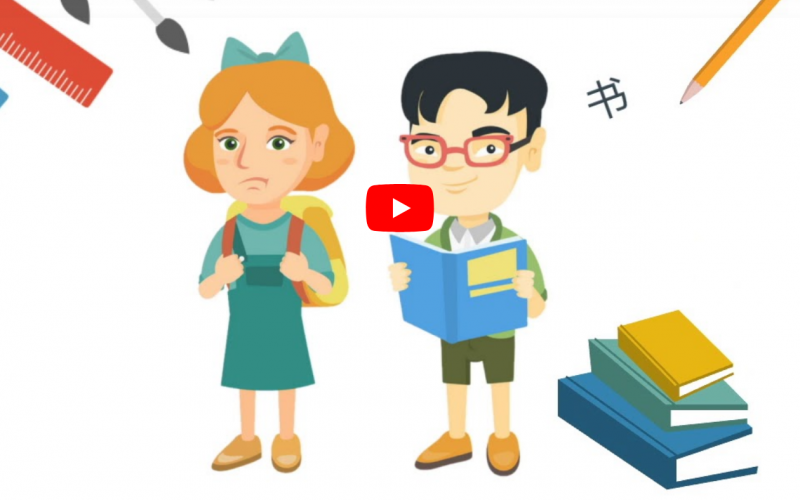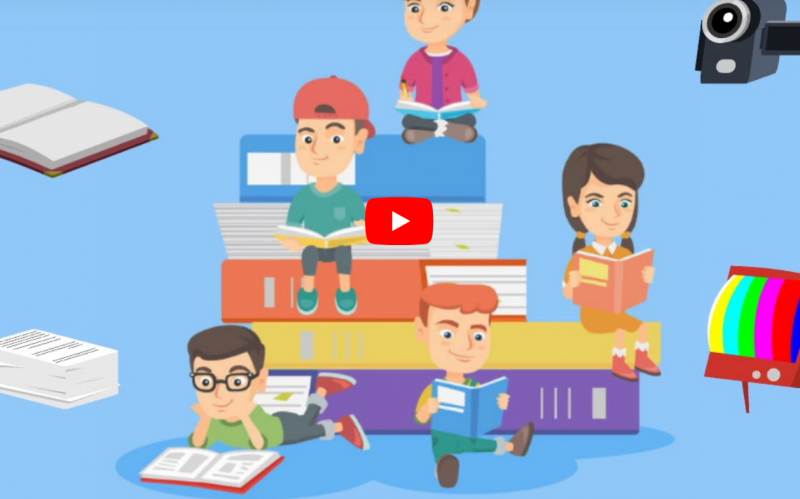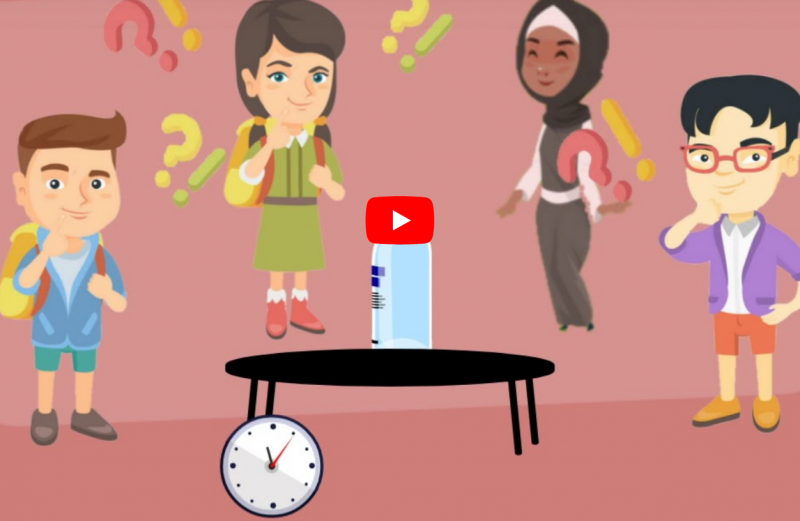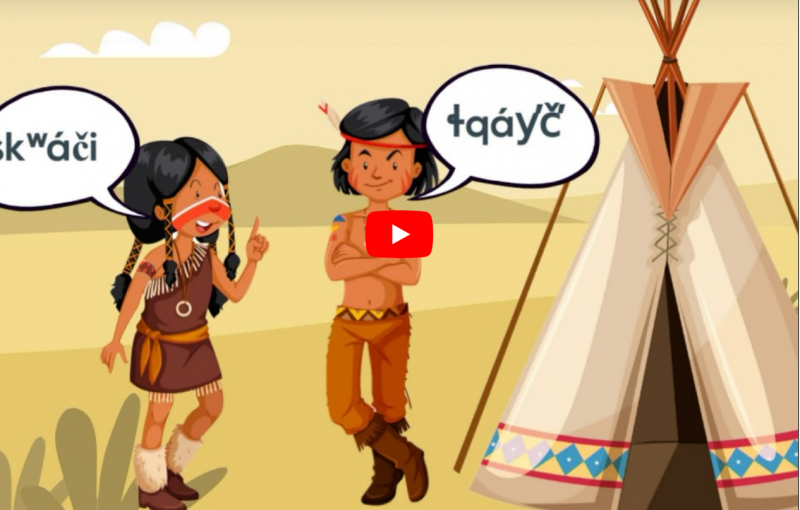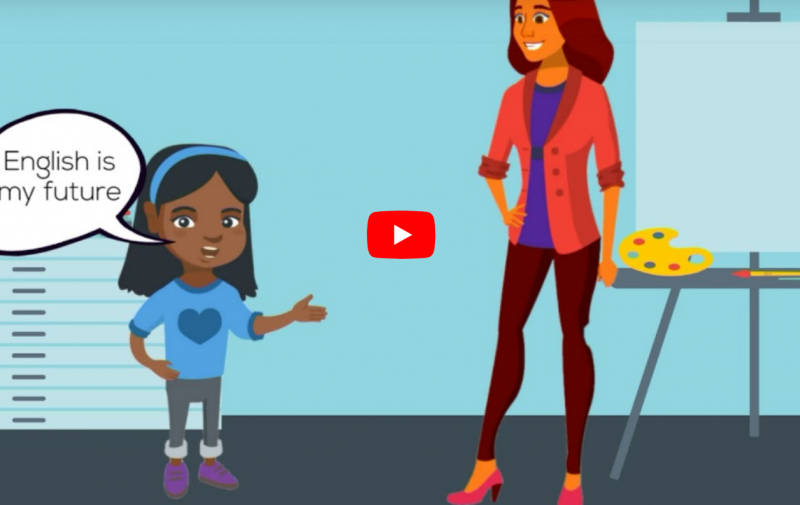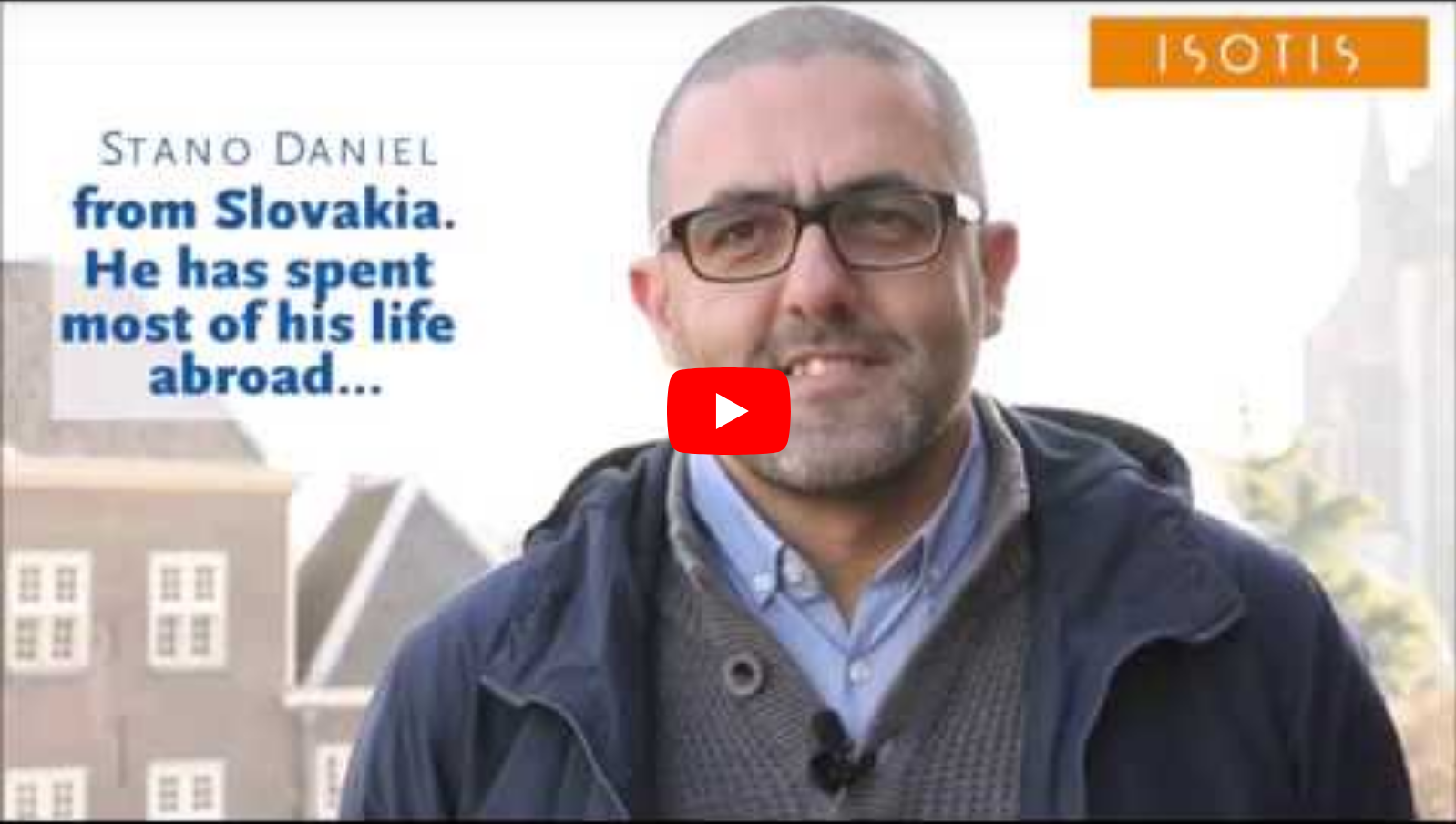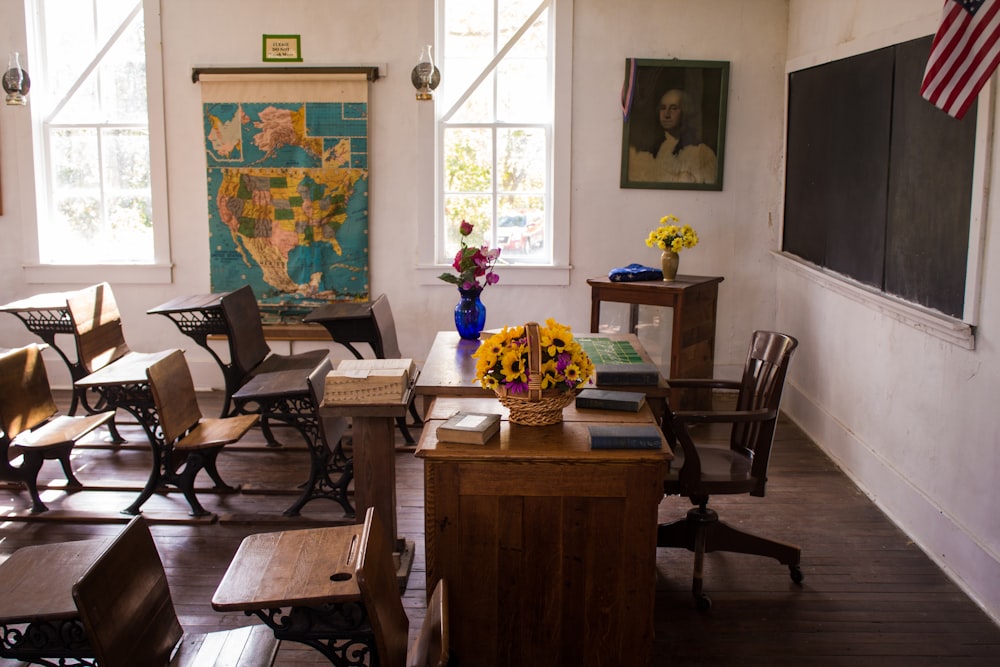Konu özeti
- Promoting multilingualism in the family
- Further videos
- Involving families in exploring linguistic repertoiresInvolving families in exploring linguistic repertoiresSayfalar: 2Forum: 1
Observe and reflect
Before proposing you guidelines for enabling experiences, we invite you to observe and reflect.
What can you do?
- Living with more than one languageLiving with more than one languageKitaplar: 4Sayfalar: 7Etkileşimli İçerik: 1Forumlar: 5
Did you know?
Living with more than one language can be rewarding yet challenging. It is important that parents know that they are not alone and that they are helped to find a balance between languages that is beneficial for both themselves and their children.

Selected online resources and literature on topics such as 'bilingual development' and 'living as a multilingual family'.
Observe and Reflect
Children in Italy were asked to draw pictures of themselves and their languages. See some examples.
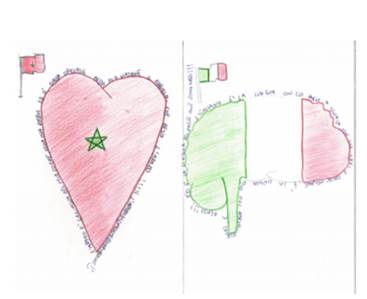
What can you do?
The following activities focus on promoting multilingualism in a way that gets participants to think about their thoughts and feelings towards both their heritage and host language, giving an insight into lives of multilingual/plurilingual families.
Activities which invite parents to share more about themselves with the group

Explore the interactive map by clicking on the hotspots...

In this forum you can introduce yourself to others in the group.

Other Activities to facilitate reflection
The activities in the folder below are designed to stimulate reflections in the group about parents' languages and emotions connected to those languages. Parents are invited to draw pictures, which represent something about themselves and their languages and to share those with the group during the session.


We invite you to create you own language portrait. Here you can find a picture that can help you.
Can you fill in the picture below? It helps you to show how you use the languages you know in your family.
Can you fill in the picture below? It helps you to show how competent you feel in the languages you use, and how you feel about your child's language skills.
Word Bank
A word bank is where examples of language experiences and skills and knowledge in a language are documented and brought together. Below, we have prepared some activities which stimulate parents to create such collections together with their children.
- Can you name the animals?

Do you know the noises those animals make?

Do you recognise those objects? What are they called in your language?
- The benefits of storytellingThe benefits of storytellingKitaplar: 3Sayfalar: 3Etkileşimli İçerik: 4Forumlar: 2
Did you know?
Storytelling is a complex ability that requires key skills. Storytelling activities in early childhood support the development of these key skills and stimulate personal growth.
Read more...

Observe and Reflect
Most probably we all have experiences with oral traditions. As we grew up, we listened to our parents and other relatives and adults telling stories. Those stories can be very personal. Many of us may remember their parents telling them about little events in their life – things that happened to them as they grew up. Some of us might remember situations where their parents spontaneously made up stories. Many stories are passed down through generations. Click on these examples below to share them with the parents in the group and invite shared reflections.
Most probably we all have experiences with oral traditions. As we grew up, we listened to our parents and other relatives and adults telling stories. Many stories are passed down through generations.

Having shared some of these stories with your group of parents, you can use the questions below to guide some reflections in the group.

What can you do?
The following activities focus on the benefits of storytelling and how activities both at home and during course sessions can facilitate children’s language and literacy development.An activity to increase dialogues/language interactions that facilitate children’s language and literacy development.
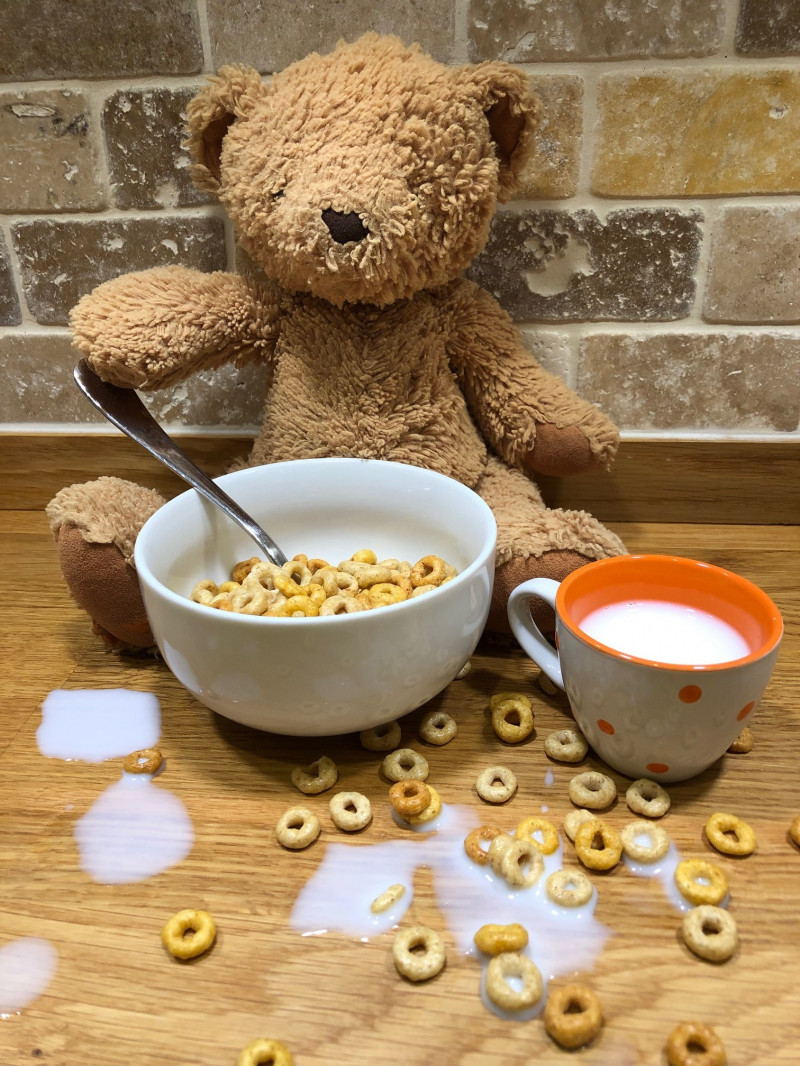
An activity to increase dialogues/language interactions that facilitate children’s language and literacy development.
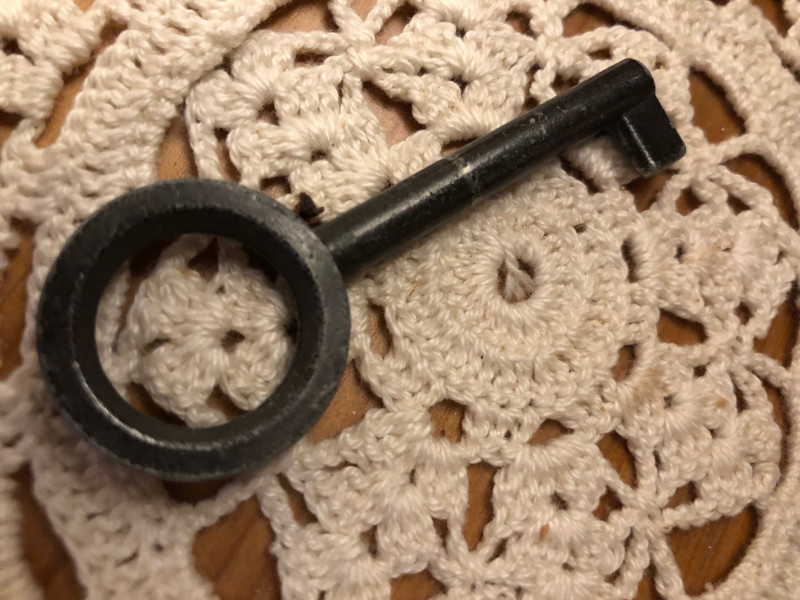
Match each picture to the correct part of the story! Can you complete this traditional tale?

3. Creating your story glove3. Crea il tuo guanto delle storie{mlang it}
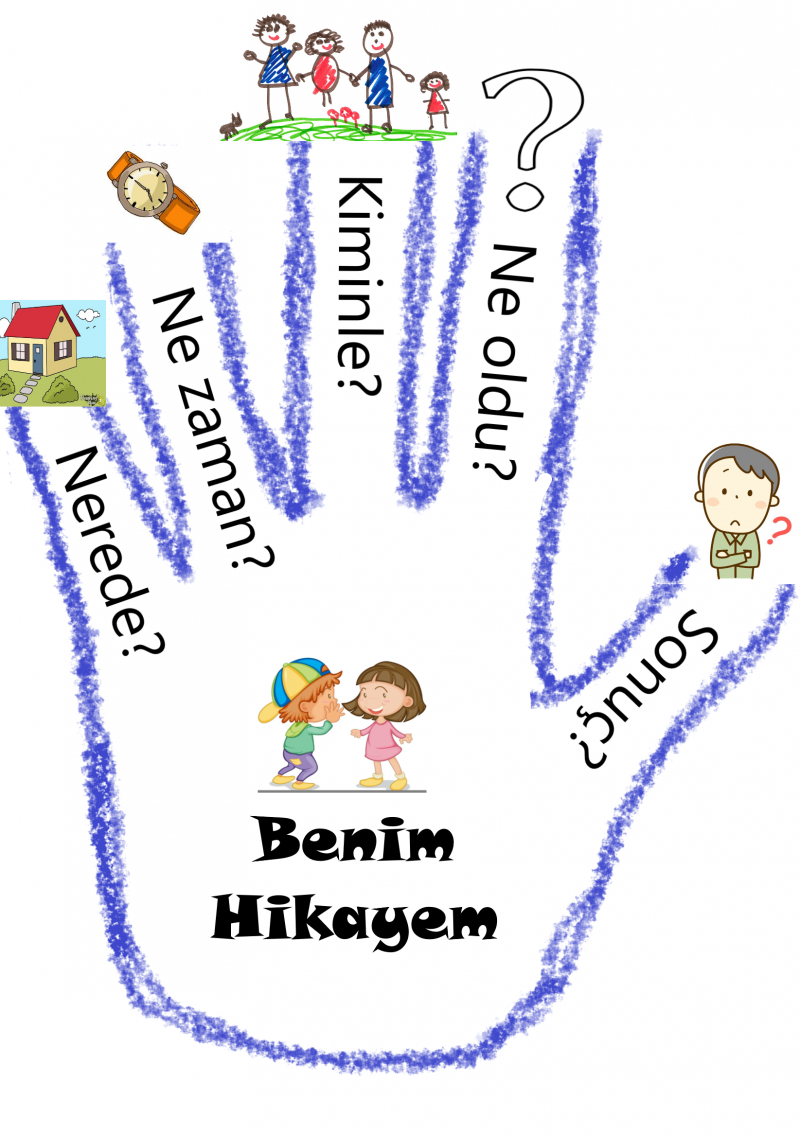
Please post your story here!
- Learning in the early years and in school in EnglandLearning in the early years and in school in EnglandSayfalar: 11Kitaplar: 2Forumlar: 3Etkileşimli İçerik: 4Sınav: 1Sözlük: 1
Did you know?
When a child starts school, many changes take place, not just for the child. Maybe the family's daily and annual schedules change; maybe the child needs to learn a new language. Oftentimes, past school experiences of the parents highly differ from what the child is going to experience.
Parents with other cultural and language backgrounds appreciate help in getting more familiar with the education systems their children are experiencing. Learning about the curriculum, and finding out about how learning in the early years is conceptionalised in England can be very helpful and benefit parents with other backgrounds. Importantly, learning about the ways in which young children learn also means reflecting on the roles that adults – including parents – play in supporting child learning.
Observe and reflect!
We all have memories from our childhood of our time at school, and hopefully these are fond memories. By sharing these memories with each other, we can learn about different schooling systems around the world and see how they are different to our children's schooling experience in England.View this video and see how classrooms can look like across many different countries!
Do any of those look like the classroom you remember from your primary school years?
Which of the images best reflects your own experience in primary school?
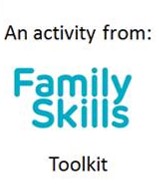
My experiences
School experiences in one country can differ to those in another country. Our experiences are often linked with certain expectations. Based on what we know about educational institutions (early years settings and schools), we expect the school environment to look a certain way, for teachers to behave and interact in certain ways, etc. Sharing ones own experiences in the group can be a good starting point to raise awareness and learn about a different school system.
Here you can find an example of how a school experience in one country can differ to that in another country. Ask the parents in your group to share their own experiences and how they compare to their children's.
Having shared some of these stories with your group of parents, you can use the questions below to guide some reflections in the group.

What can you do?
The following activities focus on encouraging confidence amongst parents when it comes to understanding their children's preschools and schools. The activities should help parents' understanding of the curriculum and the education system in England.Learning through play
The concept of learning through play can be quite alien to parents with very different school experiences. The activities below invite parents to reflect on what children can learn when engaging in play activities, and to try out some play activities at home with their children.

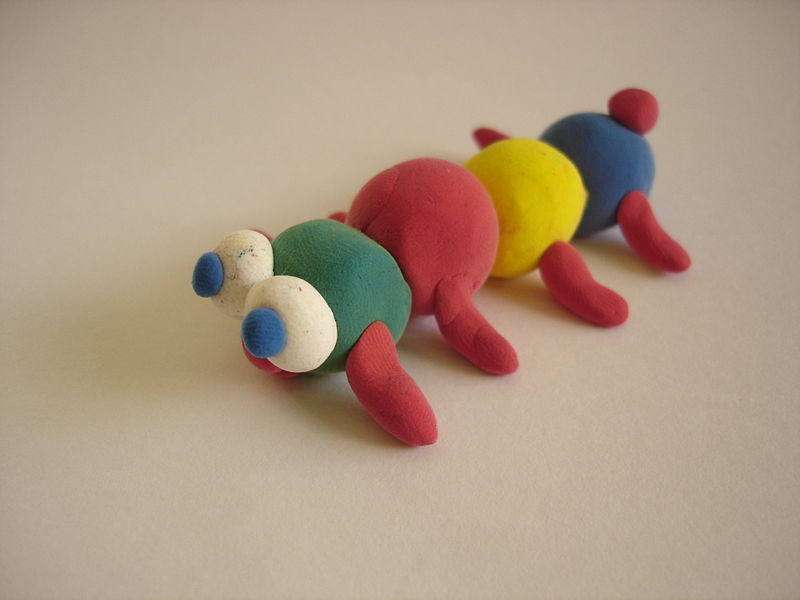

School subjects and information
Being introduced to the English education system can be a lot to take in for parents, but there is a lot of information out there to help - it's just learning where to look!
Use the matching activity to test your knowledge of the different subject names.


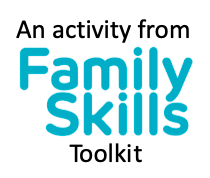

Answer the following questions about the primary education system to test your knowledge of key terms and concepts - don't worry if you get things wrong, you can always try again and it's good practice to help you remember!
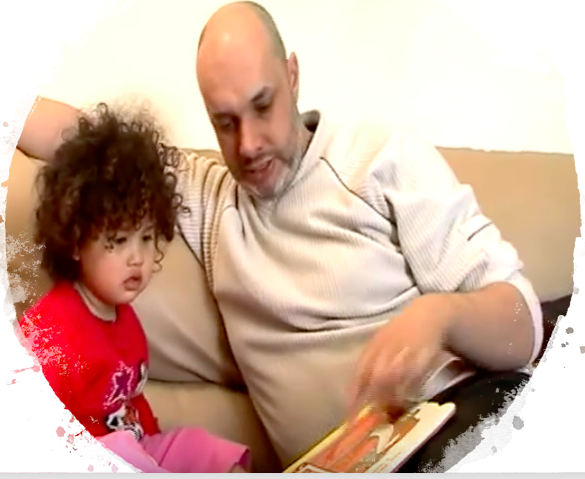
Video: National Literacy Trust
Match Book to Description 1
Match Book to Description 2

- Supporting multilingual approach and competencesSupporting multilingual approach and competencesKitaplar: 2Sayfalar: 4Sözlük: 1
My first words in my first languages
Group activity, a class or afternoon club creates the portfolio of pictures of first words, accompanied by the multilingual legend
- Ailede içinde çok dilliliğin teşvikAilede içinde çok dilliliğin teşvikEtkileşimli İçerik: 7Sayfalar: 5Forumlar: 2Ödev: 1
Biliyor muydunuz?
Çok dillilik ve dil edinimi
Pek çok çocuk birkaç dil ile büyür: Evdeyken aileleriyle bir ya da birden fazla dilde konuşur; yuvada, okulda ya da arkadaşlarıyla boş zamanlarında ise Almanca konuşurlar. Birçok anne babanın kafasında çocuklarının hem aile dilini hem de Almanca dilini öğrenimine nasıl destek olabilecekleri konusunda sorular vardır. Prensipte, aile diline daha iyi hakim olan çocukların ikinci dilleri olan Almanca kelime dağarcığı, aile diline düşük seviyede hakim olan çocuklara göre daha iyi gelişir. Bu nedenle çocuğun aile dilini sıkça ve farklı yollarla konuşması oldukça yararlıdır. Çocuklarla günlük hayatta (örneğin yemek pişirirken ya da alışveriş yaparken) aile dilinde konuşmak onları cesaretlendirir. Bir diğer yandan anne babalar çocuklarıyla beraber kitap okuyarak ya da kitabın içeriğiyle ilgili çocuklarına sorular sorarak aktif bir rol oynayabilirler.
Okula geçiş süreci
Çocuk okula gitmeye başladığında pek çok değişim meydana gelir ve bu değişimler sadece çocuğun hayatıyla sınırlı değildir. Ailenin günlük ve yıllık programları değişebilir ya da çocuğun yeni bir dil öğrenmesi gerekebilir. Çoğunlukla anne babanın geçmişteki okul deneyimleri çocuğun deneyimleyeceklerinden farklıdır. Bu yüzden anne babaların da çocuğun okul ortamında neyin normal ve uygun olduğunu öğrenmesi gerekir. Her durumda çocuk pek çok yeni çocukla tanışır ve okul düzenine (ödevler gibi) alışması gerekir. Buna ek olarak okulda farklı dünyalar çatışır ve çocuğun bu durumla baş etmesi gerekir. Bu noktada çocuğun erken yaşlardan başlayarak, başka kültürler ve hayat gerçeklikleriyle düzgün bir şekilde baş edebileceği iyi bir sosyal çevrede olması önemlidir. Fakat aynı zamanda, çocuğun kendisi için neyin önemli olduğunu ifade edebilmesi için yeterli bir özgüven ile büyütülmesi önemlidir.
Gözlemle ve derinlemesine düşün!

Bu bölümde, evde ve okulda çok dillilikle ilgili hikayeler ve bunun üzerine düşünmeni yönlendirecek bir dizi soru bulabilirsiniz.
- Bu bölümde, çok dillilik ve okula geçiş süreci konusunda grup tartışmasını hareketlendirecek sorular bulabilirsiniz.

Neler yapabilirsiniz?
Bu bölümde çok dillilik ve okula geçiş süreci ile ilgili iki farklı aktivite bulacaksınız: Kimlik Hazineleri Kutusu ve bir Hafıza Oyunu.
1. Aktivite: Hazineleri Kutusu
Bu aktivite, çeşitli aile kültürlerinin ve kültürel mirasların görünürlüğünü sağlar ve farkındalık yaratır. Okula hazırlık metodu olarak kullanılabilir çünkü benlik ediniminin ve farklı sosyal geçmişlerin takdir edilmesini destekler. Çocuğun kim olduğu ve neyi sevdiğini farklı dillerde dile getirmesine yardımcı olur. Ayrıca bu aktivite çocuk ve onun bakımını üstelenen kişi (bakıcı) arasındaki etkileşimin ve alışverişin gelişmesini sağlar.
Aşağıda bulacaklarınız:-Aktivitenin yönetimine dair gerekenler,- Aktivitenin grup içerisinde yönetimi için önerilen prosedür,- Kimlik Hazine Kutusu için bir örnek,- Kişiye özel Kimlik Hazine Kutusu’nu yaratmak için bir taslak,- İlgili konularla ilgili bir tartışma forumu- Kimlik Hazine Kutusu’nun nasıl kişiselleştirileceğinin açıklaması.
Activity 2: Hafıza oyununun beraber yaratılması
Hafıza oyunu çeşitli dillerin idrak ve edinimini geliştirir ve okula geçiş sürecinin eğlenceli bir şekilde gerçekleşmesinde yardımcı olur. Bakıcı ve çocuk arasındaki etkileşimi canlandırır. Evdeki öğrenme ortamının çeşitli konuşmalarla (okulla ilgili konular gibi) güçlenmesini sağlar. Bu hafıza oyunu, evde konuşulan dilde ve ikinci dilde dil yeterliliğini geliştirmeyi ve ailelerin okula hazırlanmasında yardımcı olmayı amaçlar.
Aşağıda bulacaklarınız:
- Aktivitenin yönetimine dair gerekenler,
- Aktivitenin grup içerisinde yönetimi için önerilen prosedür,
- Hafıza oyunu için bir örnek,
- Kendi hafıza oyununuzu yaratmanız için bir taslak
- Görsel ve fikir paylaşımı için tartışma forumu
- Kendi hafıza oyununuzu nasıl yaratacağınıza dair talimatlar.
- Bu hafıza oyunu buna benzer oyunların nasıl olabileceğini gösteren bir ilham kaynağıdır.
Bu benim hafıza oyunu için olan fikrim.
- Bu alan fikir alışverişi, resimler ve sorular içindir.
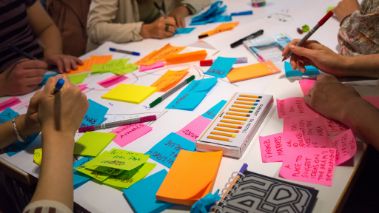 Click on Beeba --> Google Translate --> [your language] for specific translations of the slides.
Click on Beeba --> Google Translate --> [your language] for specific translations of the slides.
